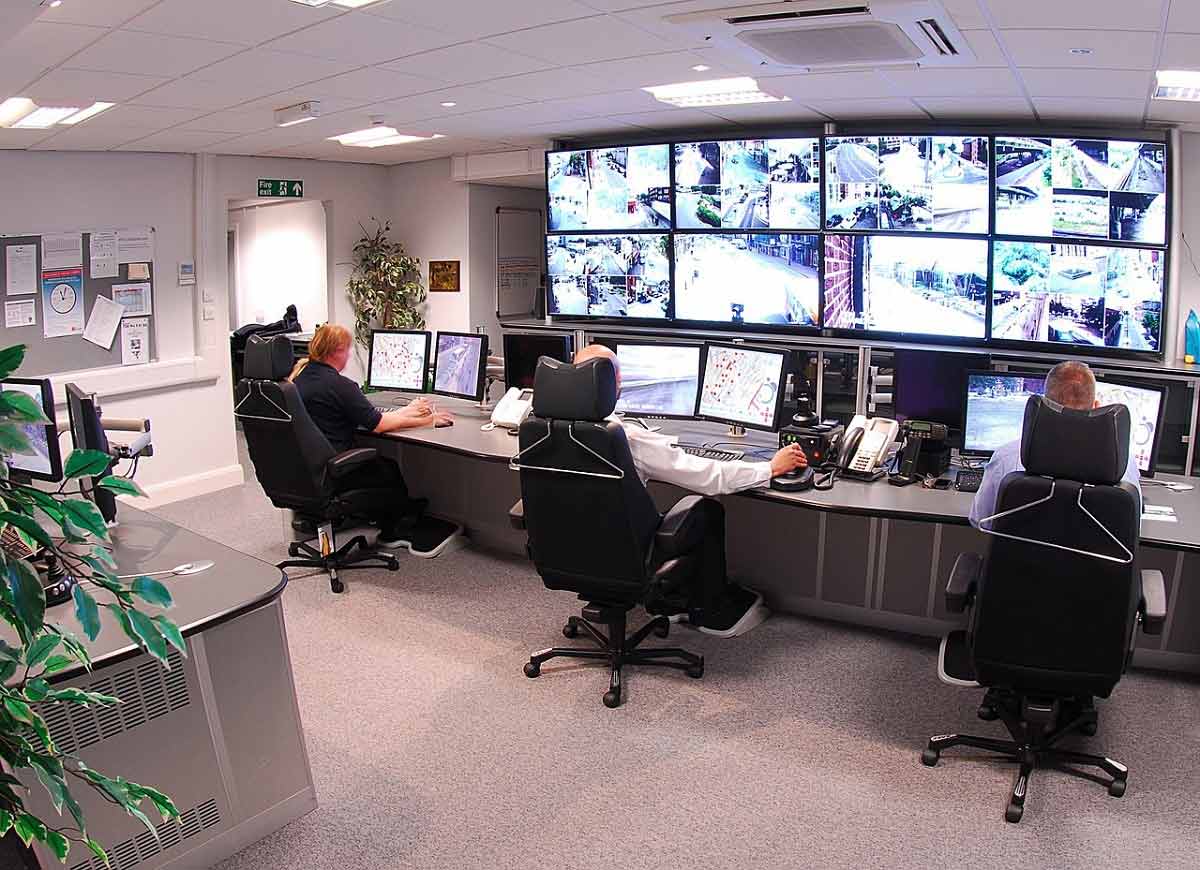If you want to change your security monitoring company, it’s not as difficult as it might seem. Here’s what you need to know:
How to Change Security Monitoring Companies
There are three basic steps for changing up your security company:
- Review your current contract. Look for when the contract ends. Check if there are termination fees for early cancellation. This fee is typically billed with your final invoice. If you’re having difficulty spotting these details, call your provider.
- Review the cancellation process. Typically, more is required than just a phone call. Many security companies require a 30-day written cancellation request. If you are required to send this in writing, send it via registered mail to ensure you have proof of receipt. (This would be terrible to get “lost in the mail,” after all!) If your contract has ended and you’re still being charged, you may be on a month-to-month agreement. You may also be part of an “evergreen” contract that automatically renews at the end of the term.
- Determine if your equipment is compatible with the service you’re considering. If your equipment is old or outdated, it may be time to also upgrade to more modern systems. We recommend discussing this with your new security surveillance provider.
Fortunately, many security solutions are compatible with various technologies. It’s often more effective to match equipment and the remote monitoring service for an integrated safety net from the beginning. However, this doesn’t always happen.
Pros and Cons for Switching Your Security Monitoring Company
Once you’ve determined the steps necessary to switch providers, it’s time to weigh the pros and cons of making the move. Some of the best questions to ask yourself at this point include:
- If you cancel, is there an early termination fee? How much is it? Is it a percentage of the amount due for the remaining contract term? Is it a flat fee? Weigh that fee against the pain and suffering you’re experiencing with your current provider. Make sure the switch will be worth it.
- How much time is left on your contract? If the contract ends in a month, it may be worth it just to ride it out. If the contract ends in six months and doesn’t have an early termination fee, switching may be a no-brainer. Every case is different.
- Will the new service you’re considering be better than your current service? It might be a good idea to do a side-by-side comparison of the old and new service. Which service do you believe will do a better job of protecting your business?
Why Would You Change Security Monitoring Companies?
It’s not uncommon for new security companies to take over monitoring duties from previous security partners. Some of the most common reasons for switching security companies include:
- A lack of corporate involvement in day-to-day operations. This leaves frontline management of the security contract to the security guards themselves. This is concerning in some cases, because the close supervision of this workforce and the maintenance of the customer should be a gold standard.
- Failure to repair any problems that arise. There are two sides to this coin: Delivery of premium services to protect a business asset and prompt customer service to fix any issues that arise. The customer service offered by your security monitoring company is just as important as the training and expertise exhibited by the staff. If you miss either one, it could create pain points that make you deeply dissatisfied with the service – or worse, it could result in out-of-pocket costs for theft or vandalism on site
- Incorrect billing invoices. This can be highly frustrating. Having an easy-to-understand invoice, with payment terms that are clear and make sense, is something that you may not even recognize as a need—until the bill arrives. If you don’t understand the terms of service, or if you were told one thing before the contract was signed and the deliverable doesn’t match, it’s natural to want to make a change.
- A security monitoring company that fails to train staff properly or fails to deliver what they promise. Simply put, this is a danger to your business. Having cameras fail or security guards who don’t do the job means that you’re paying for a service that puts your business at risk. If the guards are not properly qualified, licensed, and trained, this is a definite sign that you’ll need a better security monitoring company.
If you don’t feel confidence in the quality of your security monitoring solutions, it creates unnecessary worry about the safety of your assets. If you’re considering switching, there are a few questions you can ask your new prospective partner:
- How much experience do you have in business security monitoring?
- How long have you been in business?
- What type of training or certifications do your security specialists undergo?
- Do your agents undergo background checks?
- Are you fully licensed in my state?
- Do you have experience in my specific industry?
- Can you work with my existing security hardware or will I need new upgrades?
- What kinds of new technologies are available today?
- What kind of mobile monitoring solutions do you have?
- What security monitoring options do you have?
- How do you respond to a problem with equipment?
- What options are available for contacting support personnel?
- Who handles support?
- How do you verify emergencies?
- How can law enforcement contact you?
- What is your typical response time?
- Where is your monitoring system physically located?
- Do you outsource any parts of your service to contractors?
- What are the terms of your contracts?
- What does a basis business security monitoring package look like?
- What kinds of add-on capabilities do you offer?
- What are the average costs of your security monitoring solutions?
- Do you offer a written guarantee for the service?
Pro-Vigil is the live video service that protects what matters. Many of our new clients have had a previously bad experience with security monitoring solutions. Find out why our company is the last security monitoring company your business will ever need. Click here to start the conversation.










